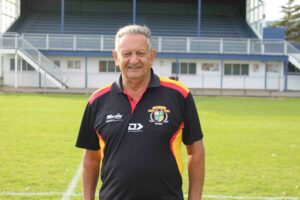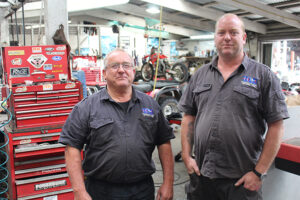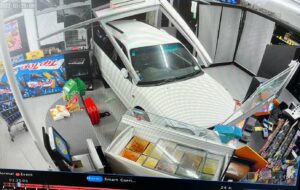Hauraki residents spent more than 480 hours at Waikato hospital emergency departments due to alcohol over the past two years, and two people died.
As Hauraki District Council asks for submissions on its Local Alcohol Policy, which is out now for consultation and contains no significant changes, one councillor has asked whether “any kind of effort” was being made to curb the availability of the “destructive” drug.
According to information provided by the Waikato District Health Board (DHB), from December 31, 2019, to March 1, 2022 there were 211 alcohol-related presentations to emergency departments by those residing in the Hauraki district.
There were also two alcohol related deaths during this period.
Sixty per cent, or 127 alcohol-related presentations were males, while 32 per cent, or 84, were of Māori ethnicity.
Fifty-seven per cent, or 120 presentations occurred on a Friday, Saturday, or Sunday night, while 46 per cent (98) occurred between 7pm and 3am the following morning.
The most at-risk within the district were those aged between 25 to 34 years, and the busiest time for emergency departments’ was in February, with 14 per cent of its alcohol-related presentations occurring that month.
Te Korowai Hauora o Hauraki’s interim manukura hauora (chief executive) Taima Campbell noted that the two-year period covered most of the Covid-19 response, in which there had been an increase in the use of alcohol reported nationally.
“So, I have no doubt that Hauraki is no different.”
She also confirmed the health provider had seen an increase in the number of people being referred, or people seeking help for their alcohol dependence and alcohol related harm.
It was the same over at the Hauraki Family Violence Intervention Network.
Spokesperson Sally Christie said alcohol was commonly a factor in the scenarios they received from police reported incidents. However, for some, a crisis could be the catalyst for change.
According to the report, across all five Waikato DHBs, one in 31 alcohol-related presentations to emergency departments were coded as ‘secondary harm’ – the cause of someone else’s alcohol consumption.
Sally said she wasn’t surprised by the numbers.
“In fact, my sense is the reality could be even higher. Survivors of violence, especially within the family setting, are experts at explaining the injuries away.”
She said everyone needed to act when they saw the consequences of alcohol abuse.
“From a community perspective, let’s stop glorifying [alcohol] as an essential part of our lives. Support people who are trying to make changes. For example, always offer alcohol free options; don’t question or ridicule a person if they turn down an alcoholic drink.”
She also said binge drinking no longer has to be a “rite of passage” for young people.
The DHB’s report was presented to council at its April 13 meeting, ahead of its Local Alcohol Policy going out for consultation, which runs until May 20.
Waihī ward councillor Duncan Smeaton said the report indicated “quite clearly” that alcohol, violence, and incidents in hospitals were “closely related”.
“Alcohol is probably one of the most destructive products available… and I don’t see any push to reduce the number of outlets, or any acknowledgement of how destructive it is,” he said.
“Probably a lot of people in this room have some alcohol, but it’s the people who can’t control it who are the problem.”
Council’s policy states there is a “presumption” that new off-licences will not be issued in Paeroa, Ngatea, and Waihī if, in the opinion of the District Licensing Committee, “the amenity and good order of the locality would be likely to be reduced to more than a minor extent by the effects of the issue of the licence”.
There are six off-licences, five on-licences, and eight club licences in Paeroa even though Paeroa does not have the largest population in the district.
This was reflective of research which showed a proliferation of off-licence premises were seen in high-deprivation communities, council said.
Waihī, as the district’s largest town, was also considered a “high-deprivation community” and has the second-most off-licences, with four.
As part of the policy review, council is proposing to add a clause that clarifies that RSA’s may trade on Anzac Day from 4am to 1pm.
It will also remove a clause which sets a maximum number of special licences one applicant can apply for in a 12-month period.
Other changes were “purely administrative” to create clarity, council said.
DETAILS: Written submissions close at 4pm on Friday, May 20.
By KELLEY TANTAU
WHERE TO GET HELP
- Alcohol and Drug Helpline: 0800 787 797
- Alcoholics Anonymous: 0800 229 6757
- Te Korowai Hauora o Hauraki: 0508 111 555
- www.alcohol.org.nz/help-advice/ease-up-on-the-drink/how-to-ease-up
- Your GP or primary care team are another source – adults should be asked about their alcohol use regularly and offered brief advice – alcohol can contribute to a number of other health conditions and issues which your primary care team can discuss with you.





